Seeing through the symptoms
We combine the best clinical acumen with the latest technology to uncover the root cause of observed symptoms and behaviuor.

Social akwardness
Difficulty in communicating and interacting in social situations.

Poor interaction
Trouble using body language, facial expressions, and gestures to communicate and interact.

Relationship issues
Difficulty in developing, maintaining, and understanding relationships.

Repetitive behavior
Repeated movements of hands and fingers, using objects in the same way over and over again, and saying the same things repeatedly.

Difficulty with change
Struggles with changes in daily routines, surroundings, and transitioning between activities.

Sensory issues
Being more or less sensitive to sounds, noises, and other things we see, hear, feel, or smell.

Did you know?
Food preoccupations in Autism Spectrum Disorder (ASD) may be misinterpreted as symptoms of an eating disorder, while the ritualistic and inflexible behaviors can be misidentified as signs of Obsessive-Compulsive Disorder (OCD).

Uncertain about the diagnosis?
OUR DIAGNOSTIC PROCESS
Understanding your unique mental health needs
Each individual is different. And so is our mental health program that supports unique needs of every member

1
Online psychiatry assessment
Take a comprehensive online assessment of your child’s psychiatric symptoms and share relevant medical and family history.
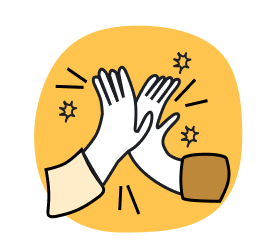
2
Psychiatric evaluation
Receive a comprehensive evaluation of your child’s emotional, cognitive, and behavioral functioning conducted by a board-certified provider.
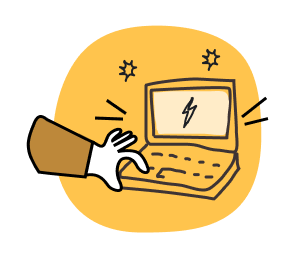
3
Comprehensive tests
This includes standardized assessments, viz. Autism Diagnostic Observation Schedule (ADOS) and the Autism Diagnostic Interview-Revised (ADI-R).
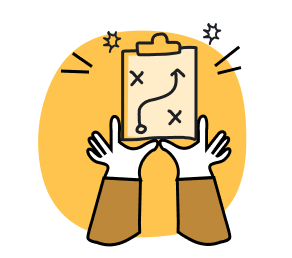
4
Treatment planning
Actively collaborate with your child’s provider to develop an effective treatment plan tailored to your child’s needs and get started on your wellness journey.
We place the child and it’s family at the centre of our care experience
Self-guided care
Empower your child with self-guided care for autism, enabling them to take control of their well-being.

 Self-calming strategies
Self-calming strategies
Teach the child techniques to regulate emotions and reduce anxiety, such as deep breathing, muscle relaxation, sensory tools like stress balls, and engaging in comforting activities they enjoy.
 Social skills training
Social skills training
Assist the child in improving social skills and interacting with others by teaching conversation initiation and maintenance, understanding nonverbal cues, practicing turn-taking, and managing emotions in social situations.
 Self-advocacy and problem-solving
Self-advocacy and problem-solving
Help the child speak up for themselves by teaching them how to express their needs and preferences. Teach problem-solving skills, like breaking tasks into smaller steps and finding solutions with or without help.
Parents’ Guide
Facilitating your active role in your child’s incredible journey to mental well-being.
 Understand autism
Understand autism
Provide parents with detailed information about autism spectrum disorders, including symptoms and impact on their child’s daily life, fostering recognition and empathy for your child’s experiences.
 Sensory integration strategies
Sensory integration strategies
Assist the child in handling sensory sensitivities or seeking behaviors by using sensory techniques. This can include taking breaks, engaging in sensory activities, using weighted blankets or vests, or creating a comfortable sensory-friendly environment.
 Build coping skills
Build coping skills
Help your child develop social skills by providing opportunities for social interactions. Engage in activities that encourage turn-taking, sharing, and cooperation. Support their social interests and facilitate connections with peers through playdates, social groups, or community programs.
 Advocate your child’s needs
Advocate your child’s needs
Support your child by advocating for their needs in school, therapy, and the community. Learn about their rights, access resources, and communicate effectively with professionals for appropriate support and accommodations.

Mindweal Resources
Mental health resources just for you
Don’t have all the anwers yet?
That’s okay! As we’ve put together easy guides and helpful articles just for you.

Blog
Your guide to mental health conditions in children with ADHD

Blog
What is an advanced ADHD testing ? Exactly what to expect?

Self-Care and Healthy Habits
My child has ADHD and has gained weight. What can I do?

After-hours Crisis Care
Our emergency same-day appointments minimize after-hours crises. But, if you’re in crisis outside our working hours (Mon to Fri from 8 AM to 5 PM), call 911 or visit the nearest ER for immediate help and safety assessment.

Our psychiatric experts will help you find the right path forward for your child.





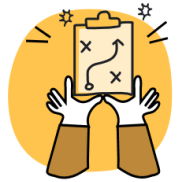


 Personalized medication management
Personalized medication management Collaboration with other providers
Collaboration with other providers Comprehensive support strategies
Comprehensive support strategies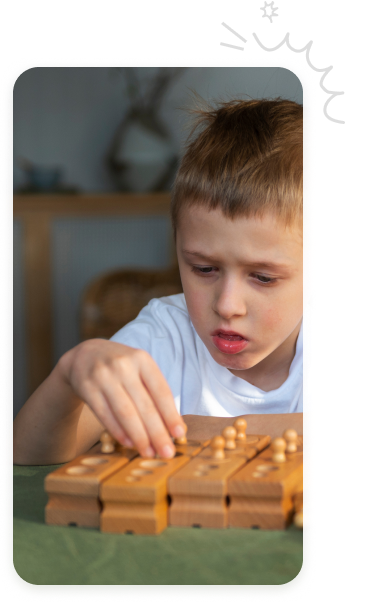
 Positive approach
Positive approach Science-backed
Science-backed Social skills
Social skills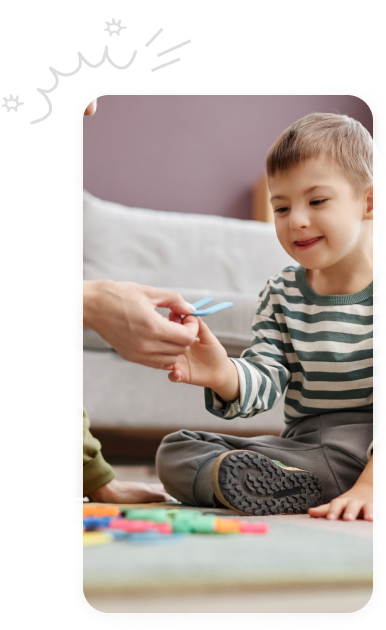
 Tailored prescriptions
Tailored prescriptions Medication monitoring
Medication monitoring Effective communication
Effective communication
 Collaborative approach
Collaborative approach Occupational therapy
Occupational therapy
 Supportive environment
Supportive environment Self-help toolkits
Self-help toolkits Any-time guidance
Any-time guidance